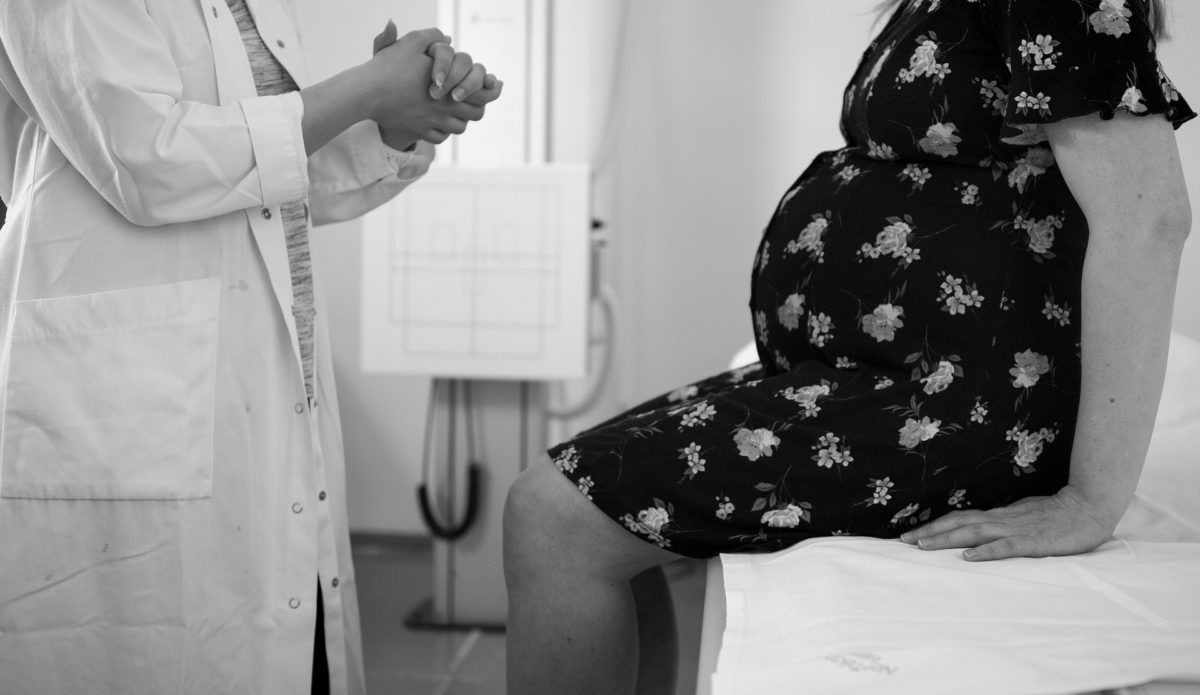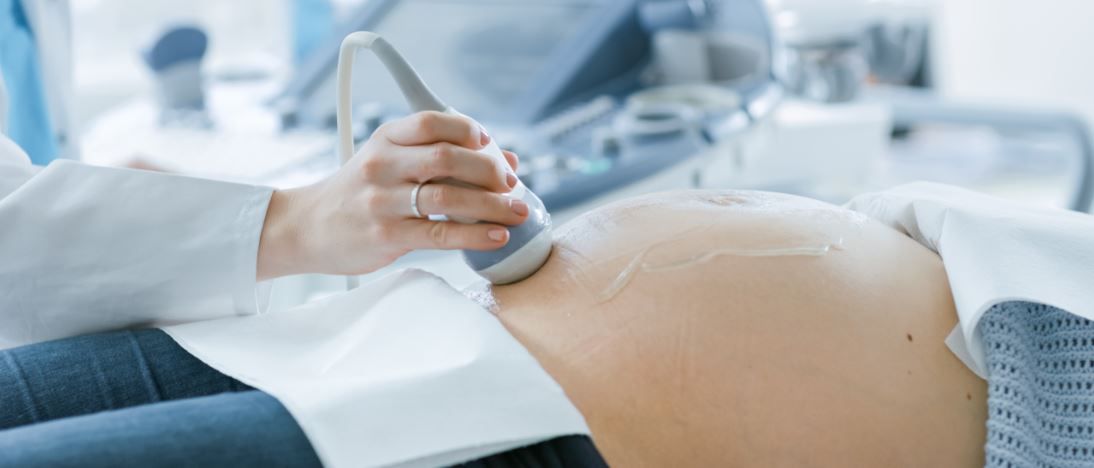Leading experts at BHP founder-member the University of Birmingham and Tommy’s National Centre for Miscarriage Research are calling on the UK government to invest in early pregnancy units and recurrent miscarriage clinics to end the current care and treatment postcode lottery.
The calls come as the team has laid bare the devastating impact of miscarriage and sets out recommendations to improve treatment and care in a series of three articles published today in The Lancet.
Urgent changes should be made to NHS policy, which currently provides exploratory testing for underlying causes of miscarriage for women only after they have experienced three consecutive miscarriages.
The team says many of the risks related to a miscarriage are present even after one or two miscarriages, and appropriate care should be provided to all women who have experienced one or more miscarriages.
Miscarriage care must also go beyond current best practice to include long-term mental health support to those who need it, while high-risk groups should also be offered specialist help from pre-conception and throughout pregnancy, they say.
While the UK provides national statistics for losses such as stillbirth and neonatal death, it does not for miscarriage. The team is calling for the UK – and all countries globally – to routinely publish their national miscarriage statistics to provide a vital benchmark to improve from; accelerate further research; develop public health policy; and ultimately improve care and support for families.
Together, following analysis of systematic reviews; appraisal of existing guidelines; and a UK-wide conference of experts, the researchers have developed recommendations for healthcare practice grouped into three categories: diagnosis of miscarriage, prevention of miscarriage in women with early pregnancy bleeding, and management of miscarriage.
An estimated 23 million miscarriages occur every year worldwide – equating to 44 pregnancy losses each minute. Miscarriage (defined as the loss of a pregnancy before 24 weeks) costs the UK at least £471 million a year due to direct impact on health services and lost productivity. However, scientists expect costs surpass £1 billion per year when factoring in longer-term physical, reproductive and mental health impacts.
Women have a 15% risk of miscarriage, and the team’s review of existing research shows risk factors for miscarriage include older age in both males and females, previous miscarriages, smoking, alcohol, and stress levels.
While the link between age and miscarriage is well established, the review uncovered a significant risk to black women, with 40% higher miscarriage rates in this group than their white counterparts. The researchers say further investigation is needed to understand the reasons for this stark contrast, and they are exploring whether it could be related to other health issues that more commonly affect black women that can complicate pregnancy, such as fibroid conditions and autoimmune disorders.
While some risk factors can be controlled, such as alcohol consumption and smoking, many cannot. Therefore, the researchers say care and support must be targeted at these higher-risk groups in addition to nation-wide changes to ensure quality services are consistently available to all.
The consequences of miscarriage are both physical, such as bleeding or infection, and psychological. The team of Tommy’s and University of Birmingham researchers found profound psychological effects on both parents – miscarriage almost quadrupled the risk of suicide, doubled the risk of depression, and similarly raised the risk of anxiety. Previous studies from another team at Tommy’s National Centre for Miscarriage Research showed that one in five mothers and one in twelve partners experience long-term symptoms of post-traumatic stress after loss.
Senior research author Arri Coomarasamy, Professor of Gynaecology & Reproductive Medicine at the University of Birmingham and Director of Tommy’s National Centre for Miscarriage Research, said: “Despite the many advances in miscarriage research and care, we are really just at the beginning, with many more avenues to investigate – for example, we need to understand why there is a higher rate of miscarriage in black women and why miscarriage is associated with an increased future risk of premature birth.
“We don’t even know exactly how many miscarriages happen in the UK; without this data, the scale of the problem is hidden, and addressing it will not be prioritised.
“As we work to open the ‘black box’ of miscarriage in the hope of unpicking its causes and finding new therapies, the UK must change its approach to miscarriage care, not only to reduce the risk wherever possible but also to better support those who do tragically lose their babies.”
Tommy’s CEO Jane Brewin said: “The variation in quality and availability of miscarriage care across the UK can lead to life-long problems for families already enduring an unbearable experience; it shouldn’t matter who you are or where you live, and you shouldn’t have to endure repeated heart-breaking losses before you get the right help.
“Everyone should be given care and advice after each miscarriage to reduce the chance of it happening again, with specialist support for those most at risk. Mothers’ care must consider their long-term risks, especially in future pregnancies, and both parents must be offered mental health support.
“We know what to do and how to do it – now we need a commitment from the NHS to put the knowledge we have into practice everywhere. With national targets to reduce premature birth and stillbirth, it’s time to prioritise miscarriage too.”
Recommendations outlined in The Lancet papers include:
-
- Individualised care according to women’s and their partners’ needs and preferences.
- Early pregnancy services focused on providing an effective ultrasound service and miscarriage management pathway, including medical management and surgical management.
- Prescribing vaginal micronized progesterone for pregnant women with the dual risk factors of early pregnancy bleeding and a history of previous miscarriage.
- Training for clinical nurse specialists and doctors to deliver comprehensive miscarriage care in dedicated early pregnancy units.
- A defined and universally available minimum set of investigations and treatments to be offered to couples suffering recurrent miscarriages.
- Screening and care for mental health issues and future obstetric risks incorporated into the care pathway for couples with a history of recurrent miscarriage.
- Structured care using a ‘graded model’ where women are offered online healthcare advice and support, care in a nurse or midwife-led clinic, and care in a medical consultant-led clinic, according to clinical needs.
To find out more about the research, visit Tommy’s ‘Miscarriage Matters’ campaign, and sign a campaign petition stating mothers should not have to experience three miscarriages before they receive specialist care.



